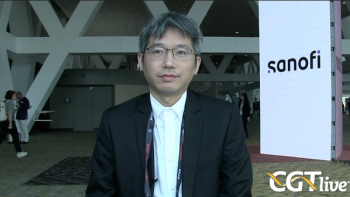
The research scientist at Seattle Children’s Research Institute discussed findings from mouse research he presented at ASGCT’s 2024 conference.

The research scientist at Seattle Children’s Research Institute discussed findings from mouse research he presented at ASGCT’s 2024 conference.
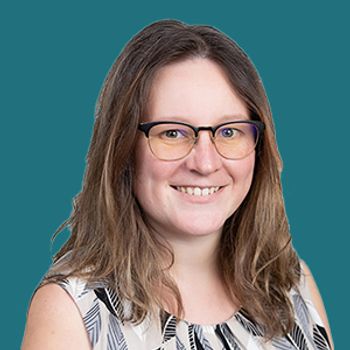
Alexandra Collin de l’Hortet, PhD, the head of therapeutics at Epic Bio, discussed EPI-321, an investigational treatment for facioscapulohumeral muscular dystrophy.

David Suhy, PhD, the cofounder and chief scientific officer at Earli, discussed the company’s unique approach to cancer diagnosis.
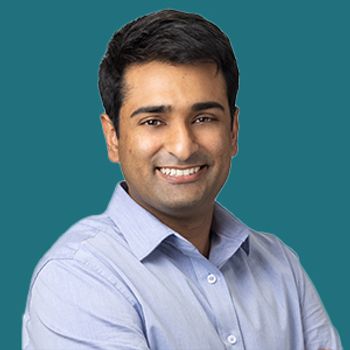
Shankar Ramaswamy, MD, the cofounder, chairman, and CEO of Kriya Therapeutics, discussed the company’s goal of bringing gene therapy to a much broader population of patients.

Janice Chen, PhD, the cofounder and chief technology officer of Mammoth Biosciences, discussed the importance of diverse approaches to gene editing to address a variety of indications.
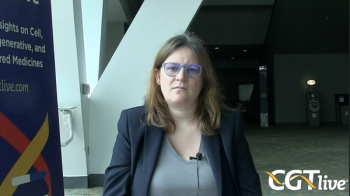
The head of therapeutics at Epic Bio discussed EPI-321, an investigational treatment for facioscapulohumeral muscular dystrophy.
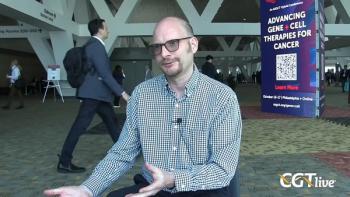
The chief medical officer at Creyon Bio discussed future applications for the company’s AI-guided discovery platform.
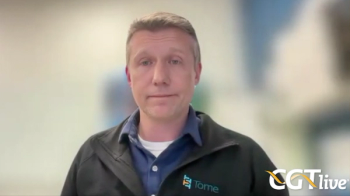
The chief scientific officer of Tome Biosciences also discussed the company’s pipeline for its new technology.

The chief medical officer at Creyon Bio discussed findings from a treated patient with a TNP02 missense mutation.
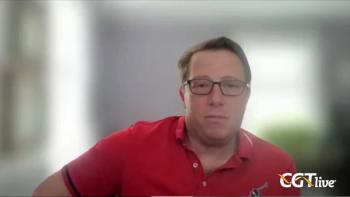
The chief technology officer at GenSight Biologics discussed using Verdot’s FlexiPro system to produce Lumevoq gene therapy.
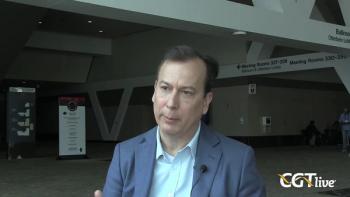
The chief executive officer of Tessera Therapeutics discussed ongoing research into developing its platform for sickle cell disease, CAR T-cell therapy, and more.
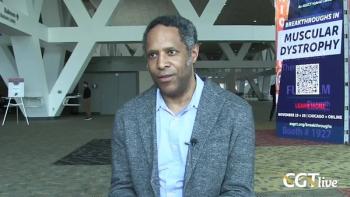
The chief medical officer and head of translational research at Ring Therapeutics discussed research presented at ASGCT 2024.
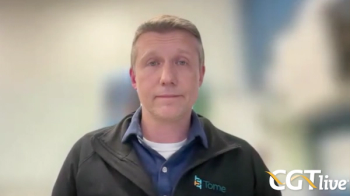
The chief scientific officer of Tome Biosciences discussed the company’s technologies in the context of integrative gene therapy and cell therapy.
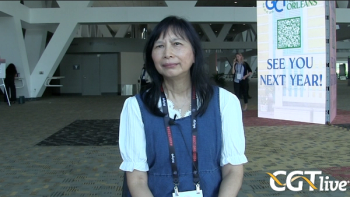
The principal investigator at Seattle Children’s Research Institute discussed her lab’s work on using ultrasound mediated gene delivery to target hemophilia A.
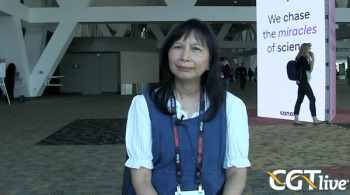
The principal investigator at Seattle Children’s Research Institute discussed her lab’s preclinical research with UMGD for the treatment of hemophilia.
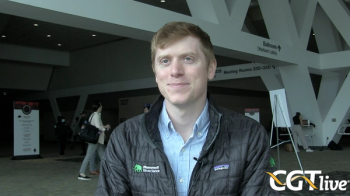
The cofounder and chief scientific officer of Mammoth Biosciences discussed the company’s mouse model research on treating hypertriglyceridemia.
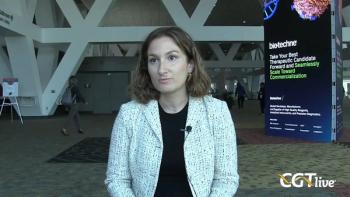
The cofounder and chief scientific officer at Encoded Therapeutics shared preclinical research with the company’s AAV and miRNA platforms.
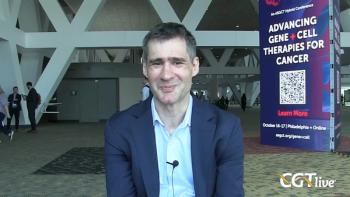
The chief medical officer of Cartesian Therapeutics discussed data presented at ASGCT 2024 from a phase 2a study.
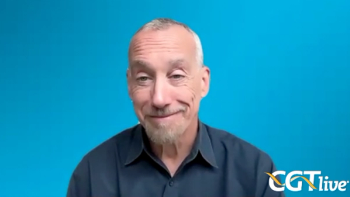
The chief scientific officer of Caribou Biosciences discussed results from preclinical research evaluating the gene editing approach.
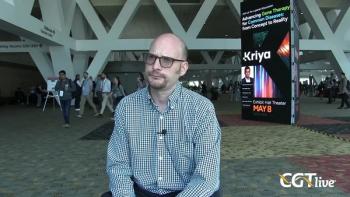
The chief medical officer at Creyon Bio overviewed the development of an allele-selective TNPO2 protein for a single patient with a de novo pathology.
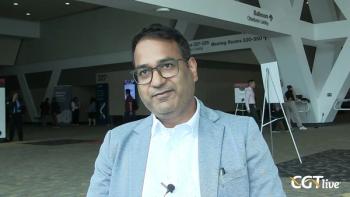
The senior researcher at Seattle Children’s discussed the development and validation of A2-CAR-CISC EngTreg cells.
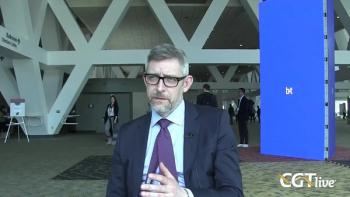
The medical director of clinical development at AskBio discussed setbacks in the phase 1 trial of AB-1002 gene therapy.
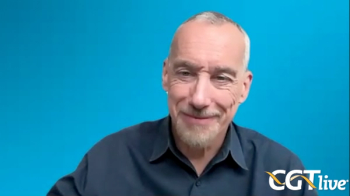
The chief scientific officer of Caribou Biosciences discussed the company’s platform for genome editing.
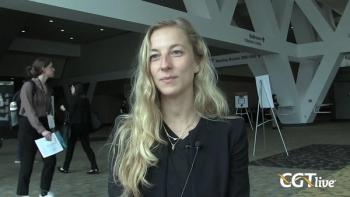
The PhD candidate from Lieden University Medical Center and Breakefield Lab at Mass Gen discussed her work presented at the ASGCT 2024 meeting.
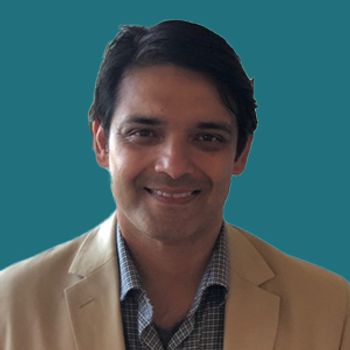
Faraz Ali, MBA, the chief executive officer of Tenaya Therapeutics, discussed trends in precision medicine for cardiovascular indications.
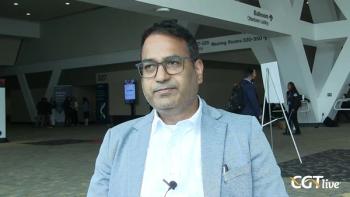
The senior researcher at Seattle Children’s discussed advantages of engineered Tregs compared with natural Tregs.

Faraz Ali, MBA, the chief executive officer of Tenaya Therapeutics, discussed the company’s decision to supplement the gene transfer programs in its pipeline with gene editing programs.
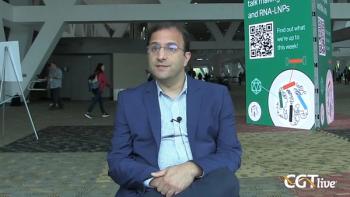
The cofounder and chief executive officer of Kate Therapeutics discussed research that awarded him an Outstanding New Investigator at the ASGCT 2024 meeting.
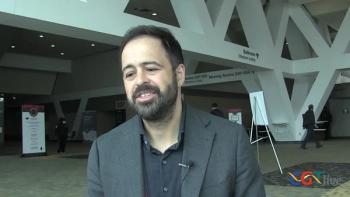
The head of research at Mass General Brigham’s Cell and Gene Therapy Institute discussed work the center is engaged in with cell and gene therapy.

Faraz Ali, MBA, the chief executive officer of Tenaya Therapeutics, discussed the company’s research on capsids, promoters, and manufacturing improvements.